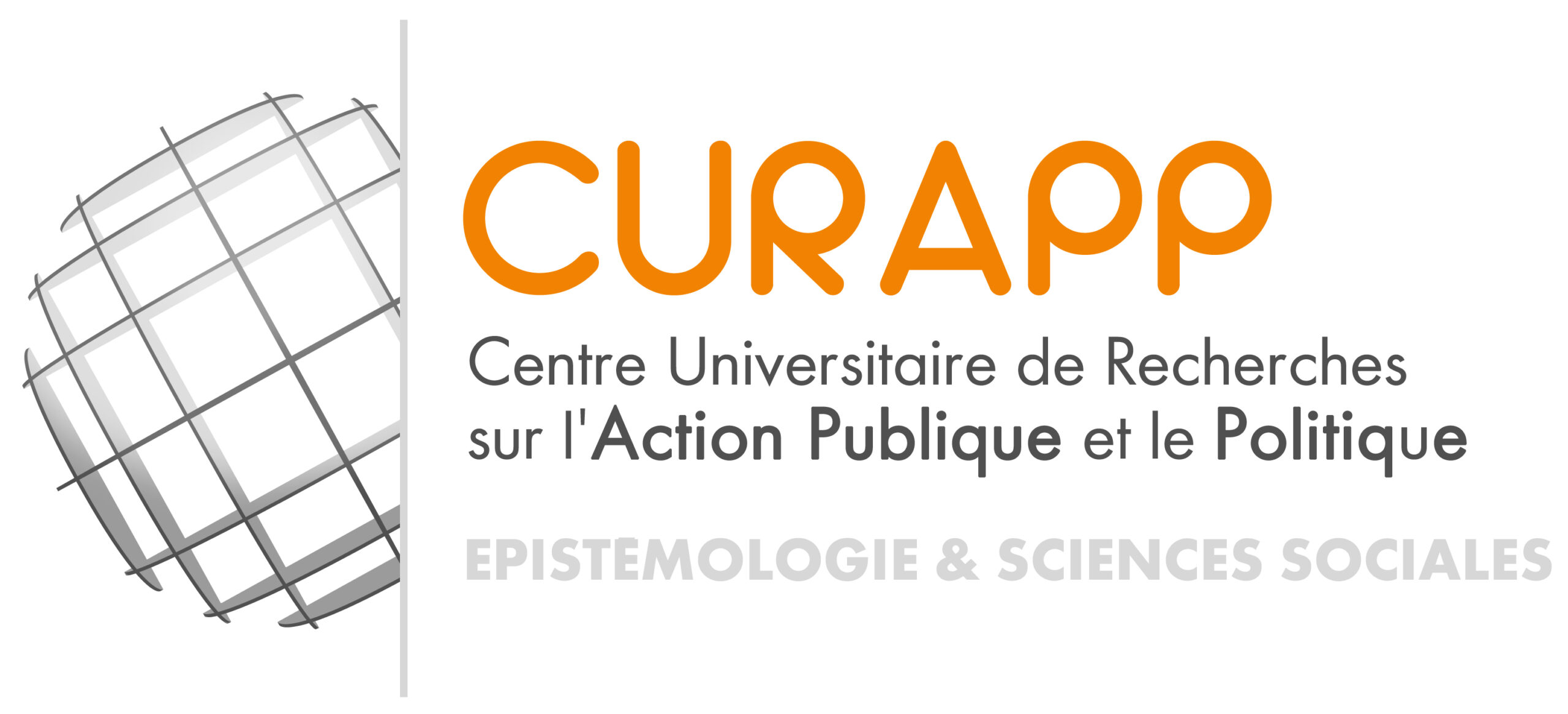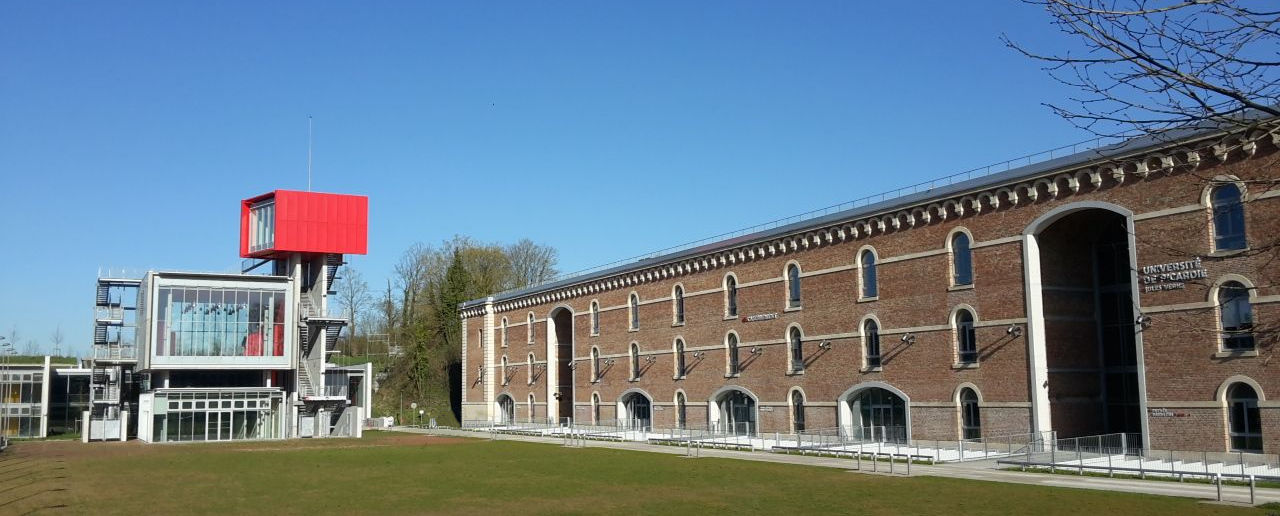Studying the scale of public action and the connections between various levels of regulation remains a relevant perspective to understand the new relations between States and supra- or infra-national actors, as well as other protagonists from the economic sphere or the civil society. Some research projects predominantly focus on the interactions between global changes, local effects and evolving relationships between central and peripheral powers. Other research projects are more interested in the supra-national legal order (European, international) and in its transformations.
Global-local and central-peripheral relation
Since the beginning of the French decentralization process, a longstanding work has been conducted at CURAPP on the reconfiguration of local powers and State institutions. As the related continuous reforms need to be constantly re-examined, research around this issue will deepen the previous studies. The researchers centre their preoccupations on the effects of the reorganizations that have been carried out for the last decade, as the French General Review of Public Policies (Révision Générale des Politiques Publiques, i.e. RGPP) was implemented, and then when the number of French metropolitan administrative regions was reduced from 22 to 13. This series of cross-redivision of local powers and State institutions have had multiple effects on public action but also on local legal systems, which thus need to be explored. This research may lead to updating the related theoretical and conceptual frameworks if necessary.
Another way to analyse these reconfigurations is to focus on local administrative and political staff, and to study several parallel questions. The limitation of the number of simultaneous mandates was reinforced in 2017, so how does this restriction impact political careers? How does it influence the place of local issues in parliament debates? What are the profiles and careers of elected representatives, especially in rural context, and how can we improve the sociology of this professional group? From a socio-political point of view, what is the composition of the local political organizations such as the development councils, for example? Can this sociography explain how the local development occupations evolve on an intercommunal scale, and how an intercommunal democracy is being enhanced or eroded?
Legal change and international order
Favouring a legal approach enriched with social sciences, research projects study the formation and transformations of international law and of the European normative framework, in relation with major challenges: human rights, economic activity and social rights, environmental or technological change.
We particularly address the new modes of cooperation and regulation of international economic relations (such as G7, G20, Basel Committee…) which contribute to the evolution of this type of legal norms. The pressure of new challenges, such as climate change, leads to new questions. Considering the evolution of the concepts that fund international law, can the classical legal rules be adapted, and how? The same sort of questions, nevertheless rooted in the national sphere, are needed to deepen our comprehension of the legal apprehension of new challenges such as the public access to public data, whose legal status is becoming clearer under the influence of the public open data policies. Finally, the role of private actors is the central issue in works devoted to international investment law that question the conditions for the application of inter-state law rules.

